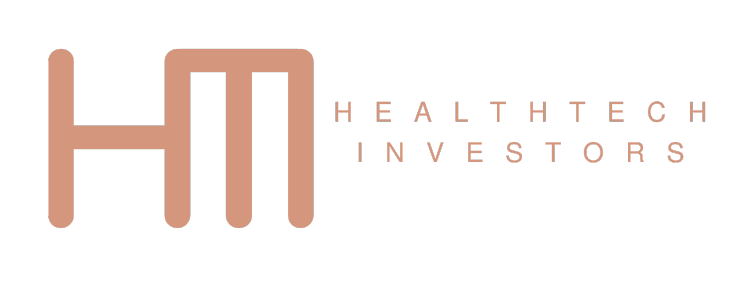How to evaluate first time founders
First time founders have a very difficult journey ahead of them and most of them to not succeed. Early on in a startup, the only two things that really matter are product and sales. While experienced founders with successful exits get a pass, for first time founders, the founding team needs to be able to build and sell the product. Once they pass this initial screen (Can they build it? Can they sell it?), here are the things I look for in a first time founder:
Founder-problem fit: launching a successful startup is very difficult and those who have not done it before will generally go through many challenges. Commitment to the mission/ problem is very important and one of the best predictors of startup success, Adam Grant touches on this in his book Originals.
Perseverance: the startup journey involves lots of highs and lows. To push through requires extreme perseverance. Early on in my startup we had a few verbally committed pilots fall through for little apparent reason. I would've likely given up at that point if I didn't identify deeply with the problem we were solving (improving access to healthcare).
Ability to learn: this goes hand in hand with being humble. Knowing what you don’t know and having the skill to learn it is a superpower. This requires a keen eye to separate signal from noise, with so much information out there, learning from inaccurate sources can be incredibly damaging. A scientific background helps here, expert opinion is the lowest form of knowledge and systematic review one of the highest.
Ability to apply knowledge: education without application is wasted. The ability to take what you’ve learned and put it into practice is invaluable. While learning for its own sake can be rewarding, you need to be able to apply lessons learned to improve your chances of success.
How they face uncertainty: launching a startup is an irrational endeavour which requires a high risk appetite. There will inevitably be times when decisions have to be made where both choices appear wrong. A calmness in the face of uncertainty which comes from a high risk tolerance is a must.
While founders come in all shapes and sizes, my theoretical and practical experience has led me to look for the above things. As usual, there will always be exceptions but we should not be distracted by them when forming our investment philosophy.
Thanks for reading,
Rishad
